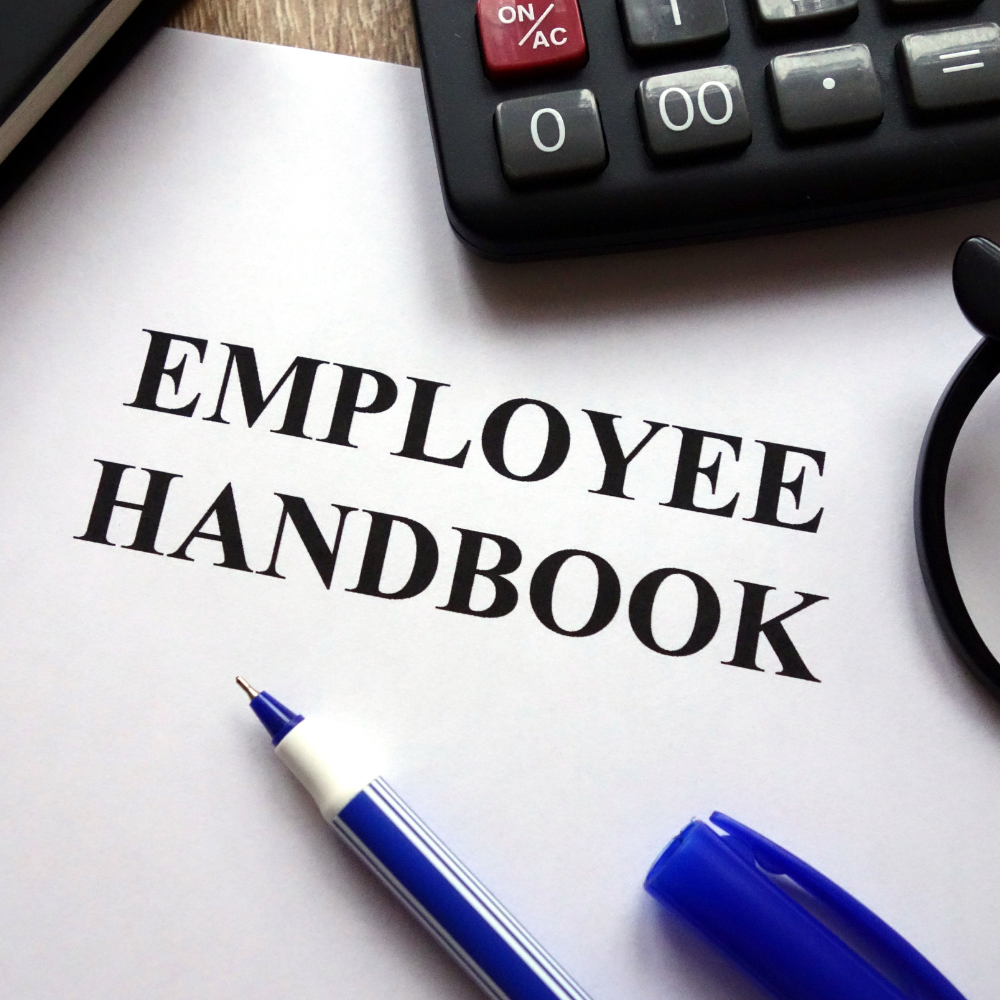MACC Act 2009 : Anti Bribery and Corruption Policy

Under the Malaysian Anti-Corruption Commission Act 2009 (MACC Act), directors of a company may be liable for corruption or bribery offenses committed by the company or by employees of the company. Directors of a company may be held liable for corrupt activities that are carried out by the company or by employees of the company, if it can be shown that the directors knew about or were involved in the activities.
Criminal penalties for offenses under the MACC Act may include fines and imprisonment. The specific penalties will depend on the nature and severity of the offense, and may be imposed in addition to any penalties that may be imposed under other laws, such as the Penal Code. A quick guide – penalty under Section 17A (2) of MACC Act (2009) is a fine of not less than 10 times the value of bribe or RM1 million, whichever is higher, or imprisonment for up to 20 years, or both.
Directors shall proactively establish sound system of internal control to protect themselves
Companies, under the board of directors are held accountable to, shall implement internal controls and procedures to prevent corruption and bribery within the organization. This can help to ensure that the company operates in a transparent and ethical manner, which can ultimately benefit the company by building trust with stakeholders and protecting the company’s reputation.
The board of directors or other key personnel must prove that the offense was committed WITHOUT HIS CONSENT or connivance; AND that he has exercised due diligence TO PREVENT the commission of the offense.
The very basic things that a company can do, and be seen to do to prevent and detect corruption practices are:
- Code of conduct: A code of conduct sets out the ethical standards and behaviors that are expected of employees within the company. The code should include a clear prohibition on corruption and bribery, and should provide guidance on how to identify and report potential instances of these activities.
- Policies and procedures: The company should have clear policies and procedures in place to prevent corruption and bribery, and should ensure that all employees are familiar with these policies. This may include policies related to the acceptance of gifts and entertainment, conflicts of interest, and the declaration of assets.
- Training and education: Providing training and education on ethical conduct and the company’s policies related to corruption and bribery can help to raise awareness among employees of the importance of compliance with these policies.
- Whistleblowing: The company should establish a process for employees to report potential instances of corruption or bribery anonymously, if desired. This can help to encourage employees to speak up if they become aware of any potential wrongdoing.
- Internal audits: Regular internal audits can help to identify any potential weaknesses in the company’s internal controls and to identify any instances of corruption or bribery that may have occurred.
“TRUST Principles” is a popular acronym used in various relevant guidelines. They stand for (T – top level commitment; R – risk assessment; U – undertake control measures; S – systematic review, monitoring and enforcement; T – training and communication).


Policy for Anti Bribery and Corruption Practices
a sample anti-corruption and bribery policy that a company might adopt:
Anti-Corruption and Bribery Policy
Our company is committed to the highest standards of integrity and ethical conduct in all of our business activities. We strictly prohibit any form of corruption or bribery, and expect our employees, contractors, and other stakeholders to adhere to these standards at all times.
Prohibition of Corruption and Bribery
We prohibit the offering, giving, soliciting, or accepting of bribes or other corrupt payments or gifts, whether in relation to our business or personal matters. This includes any payment or gift that is intended to influence the actions of an individual in a way that is unethical or illegal.
Reporting of Corruption and Bribery
We encourage our employees and other stakeholders to report any potential instances of corruption or bribery to our compliance officer or another designated individual. Reports can be made anonymously, if desired. We will take all reports seriously and will investigate any alleged violations of this policy.
Consequences for Violations
We will take disciplinary action, up to and including termination of employment, against any employee or other stakeholder who is found to have violated this policy.
Training and Education
We will provide training and education to our employees on our anti-corruption and bribery policies, and on how to identify and prevent potential instances of corruption or bribery.
Review and Updates
We will review and update this policy regularly to ensure that it remains effective and in line with current laws and regulations.
This policy applies to all employees, contractors, and other stakeholders of our company. We expect all individuals to adhere to this policy and to report any potential violations.
